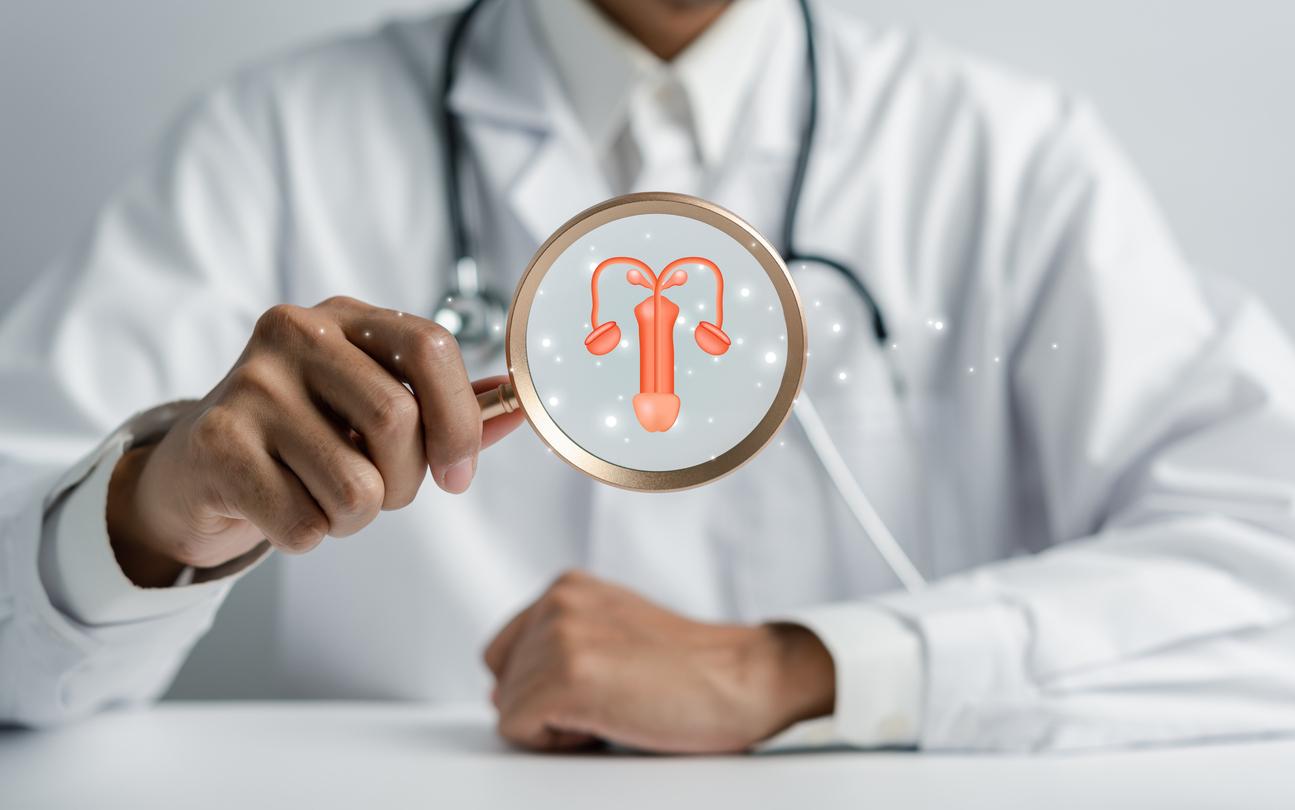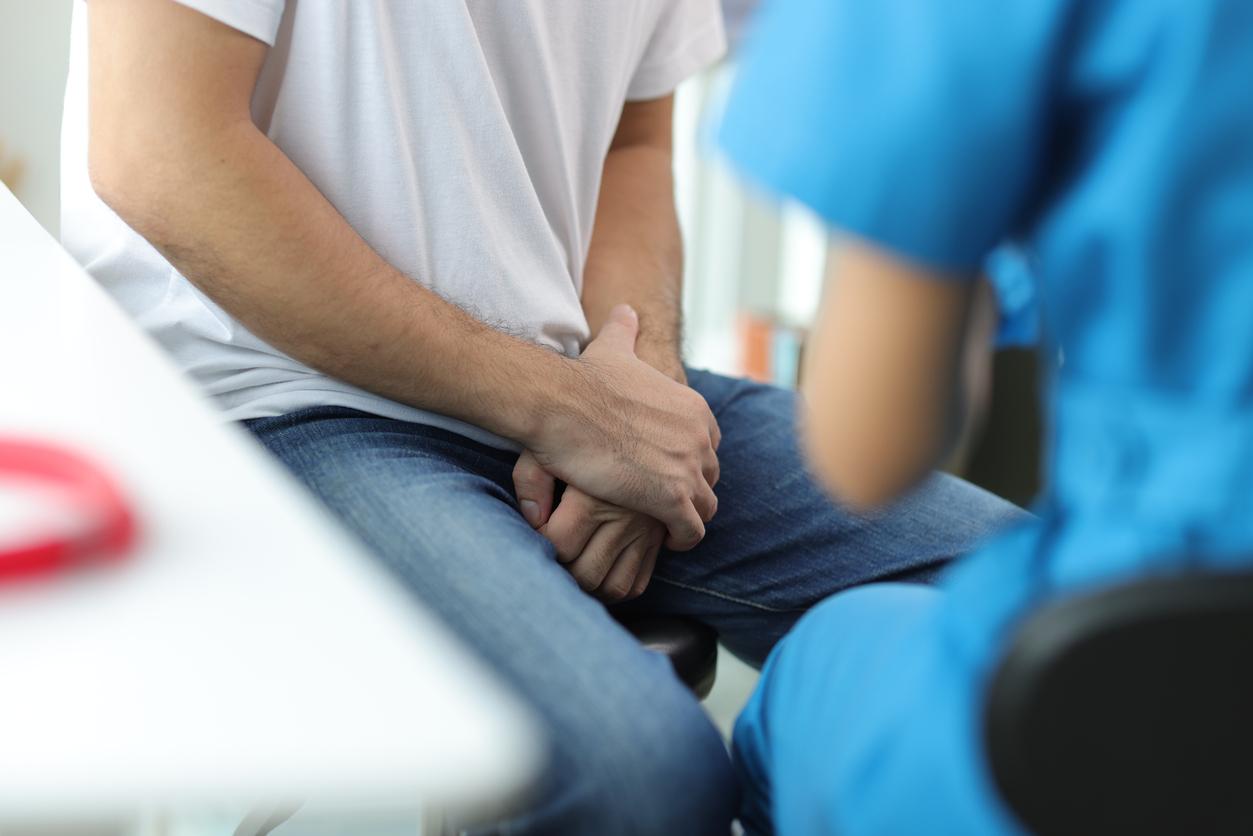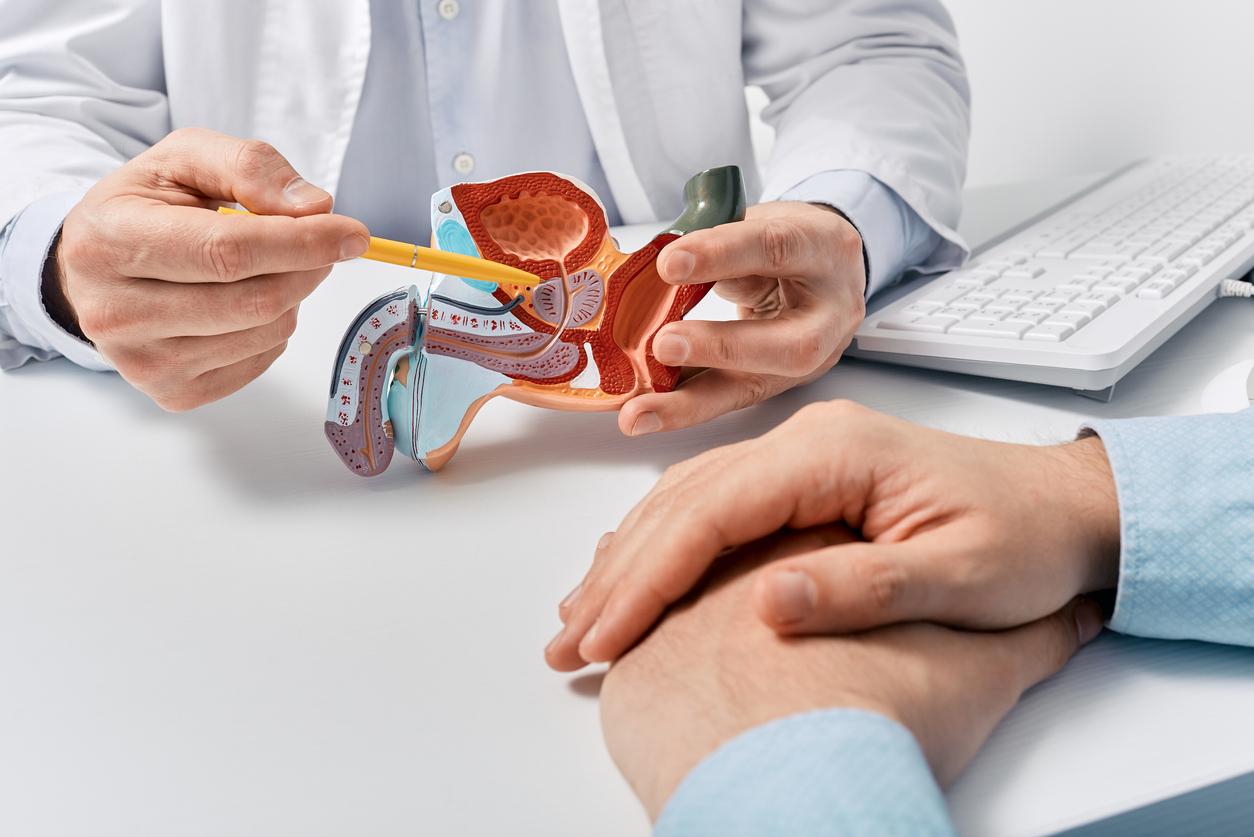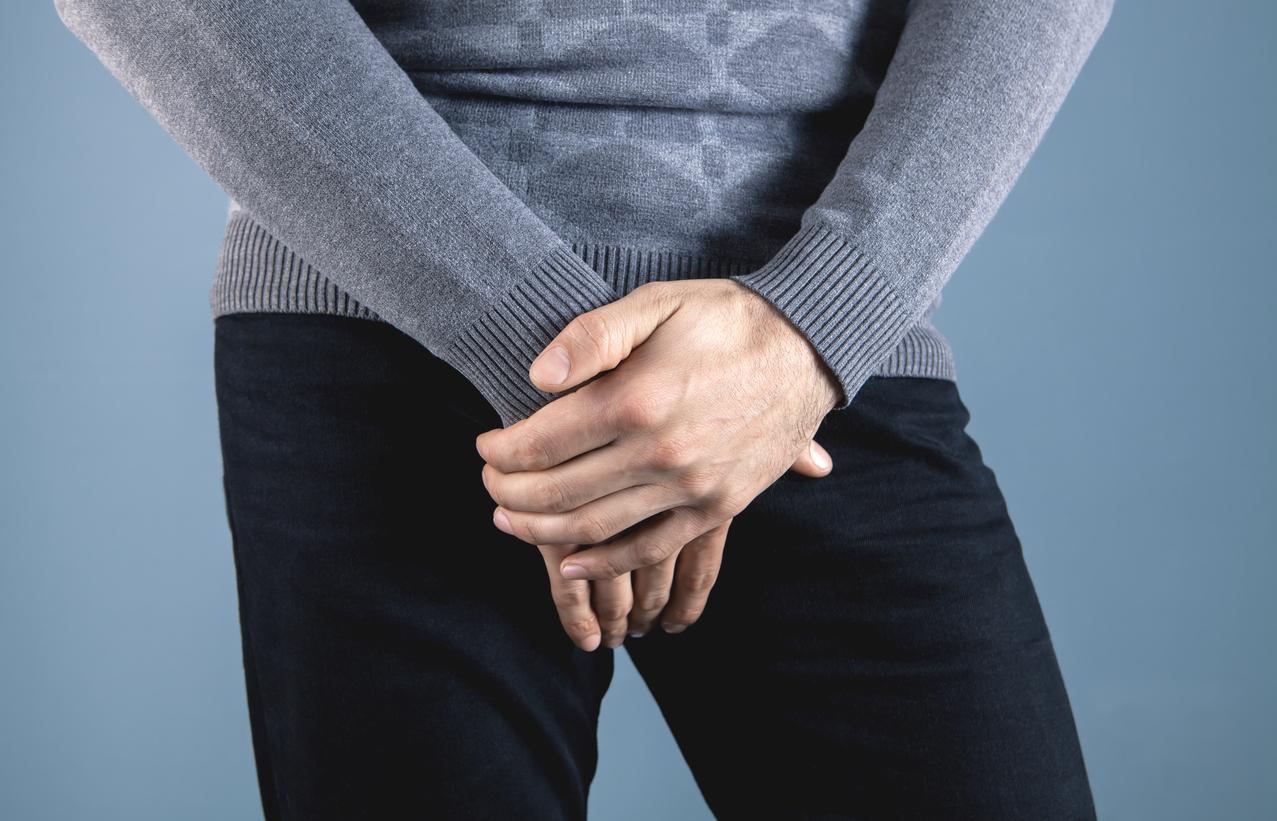Most Europeans don’t know what erectile dysfunction is.

It concerns one in three men after 50, and one in two men after 70: erectile dysfunction refers to the inability to have or maintain an erection sufficient for sexual activity. Despite its frequency, this pathology is little known to the general public. The European Association of Urology makes the observation in a study published Monday, September 21, 2020. Of all the people questioned, more than half did not know how to define erectile dysfunction.
When asked what erectile dysfunction is only 50% of people were correct! This shows that despite high prevalence, awareness of ED is still an issue that deserves attention. Want to know the specifics? Check out the press release to learn more: https://t.co/UVGYKLrYwN#urologyweek pic.twitter.com/bXJNdVXbDV
— European Association of Urology (UAE) (@Uroweb) September 21, 2020
A lack of information
For this questionnaire, 3032 people, aged 20 to 70, were questioned about this male sexual disorder. They were Spanish, French, German and English. When asked to define this pathology, 34% of respondents gave the wrong answer and 17% said they did not know. “Knowing that erectile dysfunction is a common disorder in men, it’s surprising that most people don’t know what it is.”, says Christopher Chapple, Secretary General of the European Association of Urology. According to the figures obtained, single men are the least informed about erectile dysfunction, and women generally know more than men.
A feeling of embarrassment
Seventeen percent of those questioned, or their partner, had already experienced this pathology. Among them, a quarter said they had never told anyone. Among people in a relationship, only 29% admit to talking about it to their partner. The embarrassment at the idea of talking about this problem prevents some of the respondents from consulting a health professional. “Erectile dysfunction is a common medical problem, insists Christopher Chapple, there’s no reason to be ashamed of it.”
Erectile dysfunction is not a fatality
He reminds us that whatever the situation, there is always a suitable treatment to take care of this pathology. However, 26% of respondents have never heard of these drugs or devices, such as couples therapy, injections, implants, topical therapies, etc. It is not always necessary to undergo medical treatment to get rid of this disorder: a change in diet, relaxation exercises or even strengthening the pelvic floor are techniques used and effective in some patients.


















